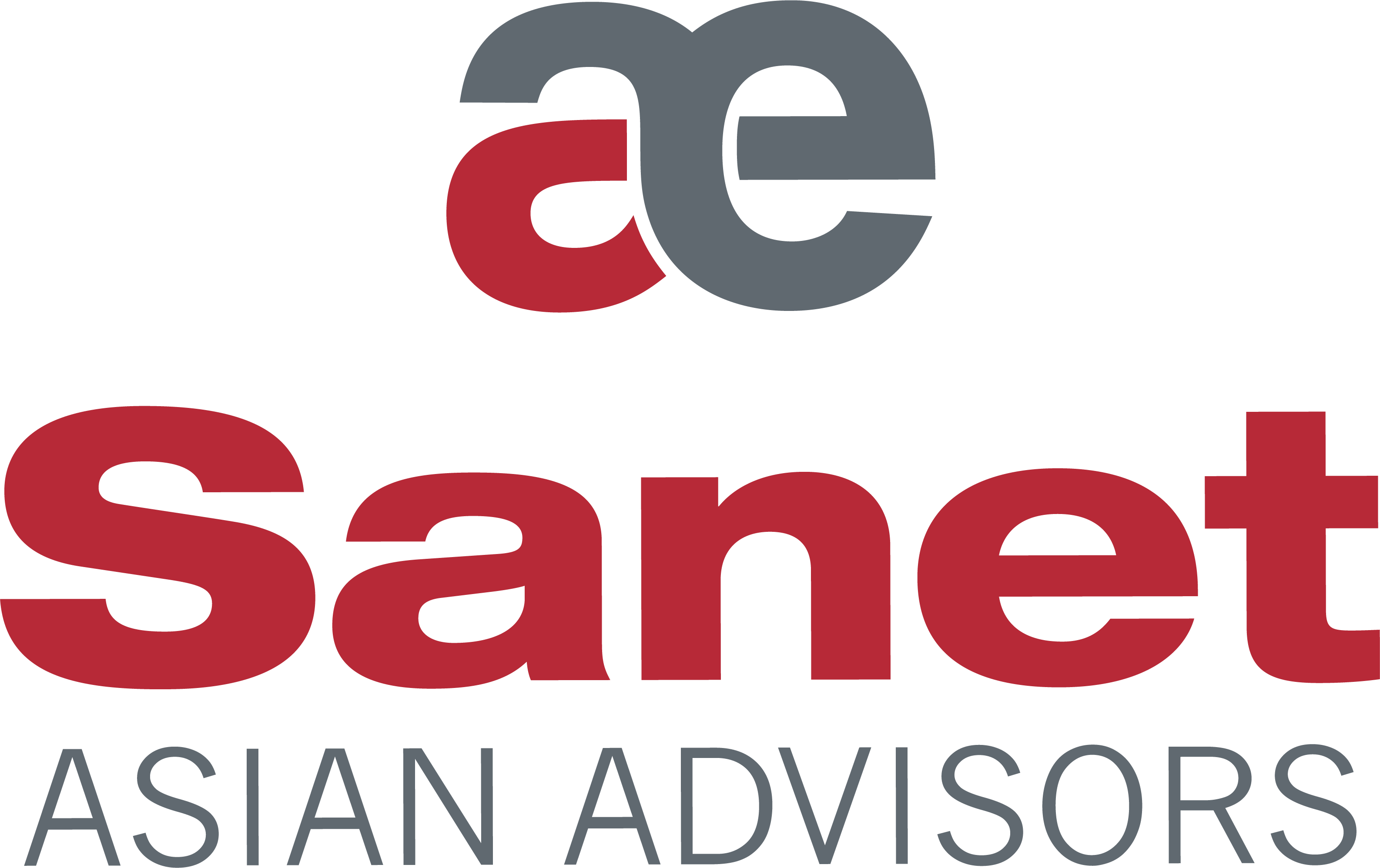Case Study: Illegal Joint Venture in Thailand
As a consultant and “cultural ambassador”, Sanet helps a German machine builder with its Joint Venture in Thailand.
The German machine manufacturer held 75% of a sales and service Joint Venture in Thailand. A Thai partner owned 25% of the shares and managed the business single-handedly and largely without any direct intervention by the German majority partner. Little attention was paid to the Thai subsidiary.
The earnings were okay, but the sales figures were not impressive enough to make the Thai company the focus of the group management. After the company was established in Thailand, the German Controller came once a year for the annual accounts and soon returned home without any major problems. Market shares, market policy and the local company management were largely unaware of the situation at headquarters.
The surprise came as soon as the Thai partner wanted to introduce a successor.
The Challenge
When it was a matter of the Thai partner’s succession, both partners ultimately decided for the first time to develop a joint concept for the long-term future. Yet, the Thai partner wished to introduce his daughter as his successor and leave everything else largely unchanged. The German parent company, on the other hand, aimed to strengthen its influence.
Sanet ASEAN ADVISORS were commissioned by the German parent company to take a closer look at the company and subsequently develop a business plan and a succession concept.
Sanet soon identified numerous difficult legal and entrepreneurial “roadblocks” that needed to be eliminated, but which also revealed significant conflicts of interest between the Joint Venture partners:
- In fact, the company had been operating illegally since its foundation. The company had neither a Foreign Business License nor a Foreign Business Certificate, as required by law for a Joint Venture in Thailand with a foreign majority to provide trade and technical services. This could lead to criminal and tax related sanctions.
- The daughter of the Thai partner was in no way capable of running the company. She was professionally inexperienced, had a rather weak personality and was only at her father’s insistence prepared to take on the management position for which she was designated.
- But Sanet discovered even more: the Thai partner was using the Joint Venture’s facilities and employees to “generate its own business” with complementary products. As the costs were borne by the Joint Venture, but the income flowed into his second company, he earned well with this “combination”.
- In addition, the sales staff were unqualified and poorly paid. There was no active technical sales. The company merely delivered spare parts ordered by customers using their fleets and employees, without taking any further care of the customers or the installation of the spare parts. New machines were hardly sold at all, but were only brokered through the parent company’s international connections.
- The market share in Thailand was therefore around one sixth of the usual market share in most other countries.
- The annual financial statements and development figures were inconsistent and contradictory.
There was simply no area of the company that could have been built upon to function properly.
The Joint Venture was in danger of imploding
The serious situation now also required the German majority partners to take action. Ideally, the parent company should have established a new company in Thailand and then, with a Foreign Business Certificate granted through the BOI, should have started all over again, under its own direction and with its own management.
However, the Shareholder Agreements of the JV were concluded in such a way that it was practically impossible to exit the Joint Venture. In addition, the Thai partner and sole Managing Director fought “tooth and nail” against an amicable solution. He feared for his money, his reputation in the market and the future of his daughter, whom he wanted to impose as the new Managing Director so that he could withdraw.
It all came down to an unpleasant confrontation.
Yet, a legal dispute had to be avoided, if only because it would have revealed the many years of previous illicit activity. The market would have been lost for a long time, and painful penalties were to be feared for everyone involved.
The company was in danger of “imploding”.

Signing the contract is not enough. A Joint Venture in Thailand needs to be “lived” and requires intercultural sensitivity.
Intercultural mediation versus a legal battle
The consultants at Sanet ASEAN ADVISORS were aware that they had to take on the role of a “mediator” or “cultural ambassador”, even if this went beyond their direct remit.
The goal was to avoid a legal dispute, implement the restructuring in Thailand, facilitate an honorable exit of the Thai shareholder and legally continue the business under full German control.
First of all, the Thai shareholder had to be made aware of the risky legal situation and it had to be made clear to him that Sanet was also working in his interests.
Sanet’s Thai co-management was particularly challenged here. The operational deficiencies that had arisen under the responsibility of the Thai shareholder were explained without a direct accusation. It was also brought up that although the sensitive issue of “lining one’s own pockets” was very well known, yet, it should not be the subject of controversial discussion.
The suitability of the daughter was discussed in an open, joint conversation between her, Sanet and the father. The father recognized, without this being expressed, that she probably lacked this capability. To save her honor, she was given the opportunity to complete a longer internship at one of the German partner’s foreign companies. The father did not force her any further into the succession.
All this prepared the emotional and psychological ground for the search of an entrepreneurial solution with the Thai partner.
In mutual consent with the German client, Sanet now used scenario technology to develop options and measures, initially exclusively with the Thai partner, that would strengthen the company and put it on a sound legal footing. In addition, scenarios were developed for his personal exit and the preservation of his personal reputation in the market.
This resulted in a plan that was accepted and supported by the Thai partner.
The “Open Word” also with the German client
The objectives, legal and economic problems and the interests of the partner were then also explained to the German shareholder. In this process, it helped that Sanet was already able to combine the analysis with tangible proposals for the solution.
It was very quickly agreed that the company had to be put on a legal footing, all shares had to be taken over and a dedicated management team with a strong sales team had to be set up.
For understandable reasons, however, there was initially little inclination to consider the interests of the Thai partner in this change.
However, a gentle reference to the shared responsibility for the unfortunate current company structure, the reputation of all those involved in the market, the relatively “relaxed handling” of the control of the subsidiary in the past as well as the risks of a long-term dispute led the very rational thinking managers of the German machine builder to agree to one of the scenarios:
- The legal situation was to be resolved by a new holding company, to which the previously legally dubious activities were to be transferred; A new Holding Company legalized these operations of a foreign majority-owned company through a Foreign Business Certificate based on a promotion application to the Board of Investment (BOI)
- The shares of the JV remaining with the old partner also remained with it. However, this original Joint Venture lost its operational function. Both parties were given an option to sell or buy the shares of the Thai partner at a fixed price after two years.
- The Thai partner was given a face-saving role on the advisory board of the holding company. His daughter was to complete a long internship at a subsidiary of the German company abroad in order to develop herself personally and professionally. Without further discussion, the father did not mention anymore that she should return to the company afterwards.
When the shares were sold, the shady dealings of the past were excluded and, after “preserving the reputation” of the former partner, an agreement was reached on the price of a later sale of the shares.
Sanet now supported the establishment of a qualified sales team to implement the business concept that had already been developed. Thus, Sanet’s task was completed.
The company was on a good economic path, legally and organizationally consolidated, and the purchase options among the shareholders could be exercised within a firmly agreed framework after the two-year transition period.
Conclusion: Sanet as a “Cultural Ambassador”
Economic and legal measures are not enough when Thai-European cooperations are unsuccessful or disrupted. Perceptions and cultural principles must also be taken into account and incorporated into the decision.
In the end, “scorched earth” is of no use to any partner.
The Sanet Group not only offers German legal advice and experienced management consultancy, but often also assumes the role of “Cultural Ambassador”.

